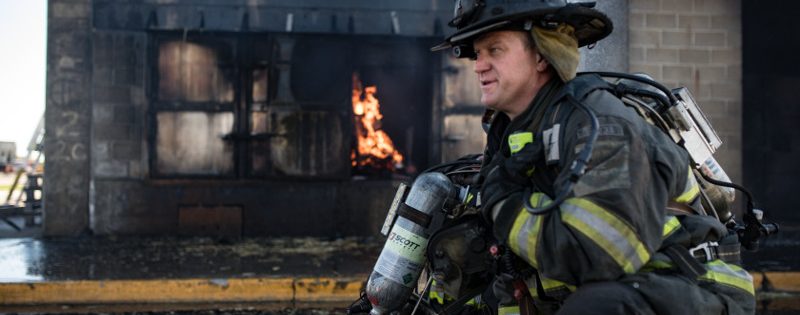
BAYCOM and CC&N Bring Product and Installation Expertise for BDAs
Building owners and first responders are turning to bi-directional amplifiers (BDAs) to address shortcomings with public safety in-building radio coverage revealed during the 9/11 attacks. BDAs increasingly are coming into use because most radio systems are not strong enough to penetrate everywhere in larger buildings.
The NFPA 72 code, a standard published by the National Fire Protection Association and adopted by federal, state and many local municipalities, recommends all commercial businesses and family dwellings of eight units or greater offer first responder radio coverage inside the building.
“It is incumbent upon the developer to ensure the building has comprehensive radio coverage,” notes Dave Feiler, public safety sales specialist at BAYCOM, a leading provider of public safety communication. “Some states still do not have this as part of their codes, which is why local jurisdictions are adding it to their own building codes.”
Bi-Directional Amplifiers Enhance Public Safety Communication Within Buildings
Large office buildings, manufacturing plants and schools are built to withstand severe weather and limit noise exposure to the surrounding area – all characteristics that inhibit in-building radio and cellular coverage. The challenges faced by 9/11 first responders illustrated the limitations inherent with most public safety communication systems in large buildings.
The World Trade Center featured communication towers on the roofs, making it difficult for emergency vehicles pulled close to hear commands because radio signals could not penetrate down through the floors of concrete and steel. NFPA 72 code requires radio signal strength must be met in 95 percent of all areas of each floor of the building.
BAYCOM offers the engineering expertise needed for bi-directional amplifier system design, while CC&N, a sibling company within OwnersEdge Inc., provides installation services geared toward BDAs and distributed antenna systems (DAS) for cellular systems. BAYCOM also provides push-to-talk, two-way radios safe for drivers that help organizations maintain communications with offsite personnel.
“While most buildings certainly are not the size of the World Trade Center, they nonetheless present public safety communication challenges that bi-directional amplifiers and distributed antenna systems are designed to overcome,” Feiler says. “There was a time when sprinkler systems were discussed in terms of possible local ordinances, and now they are commonplace. Within a few years, BDAs will be the norm as well.”
